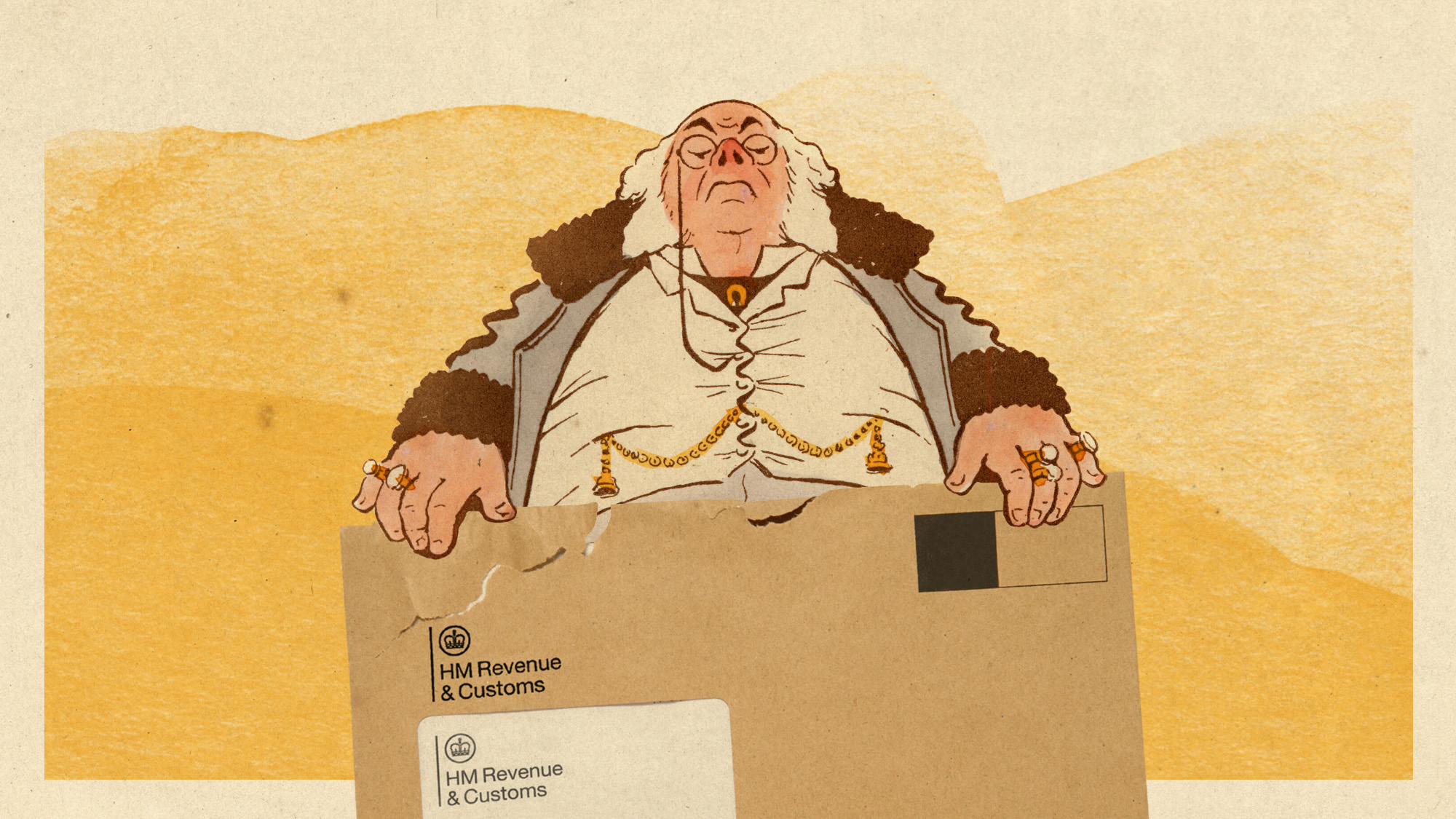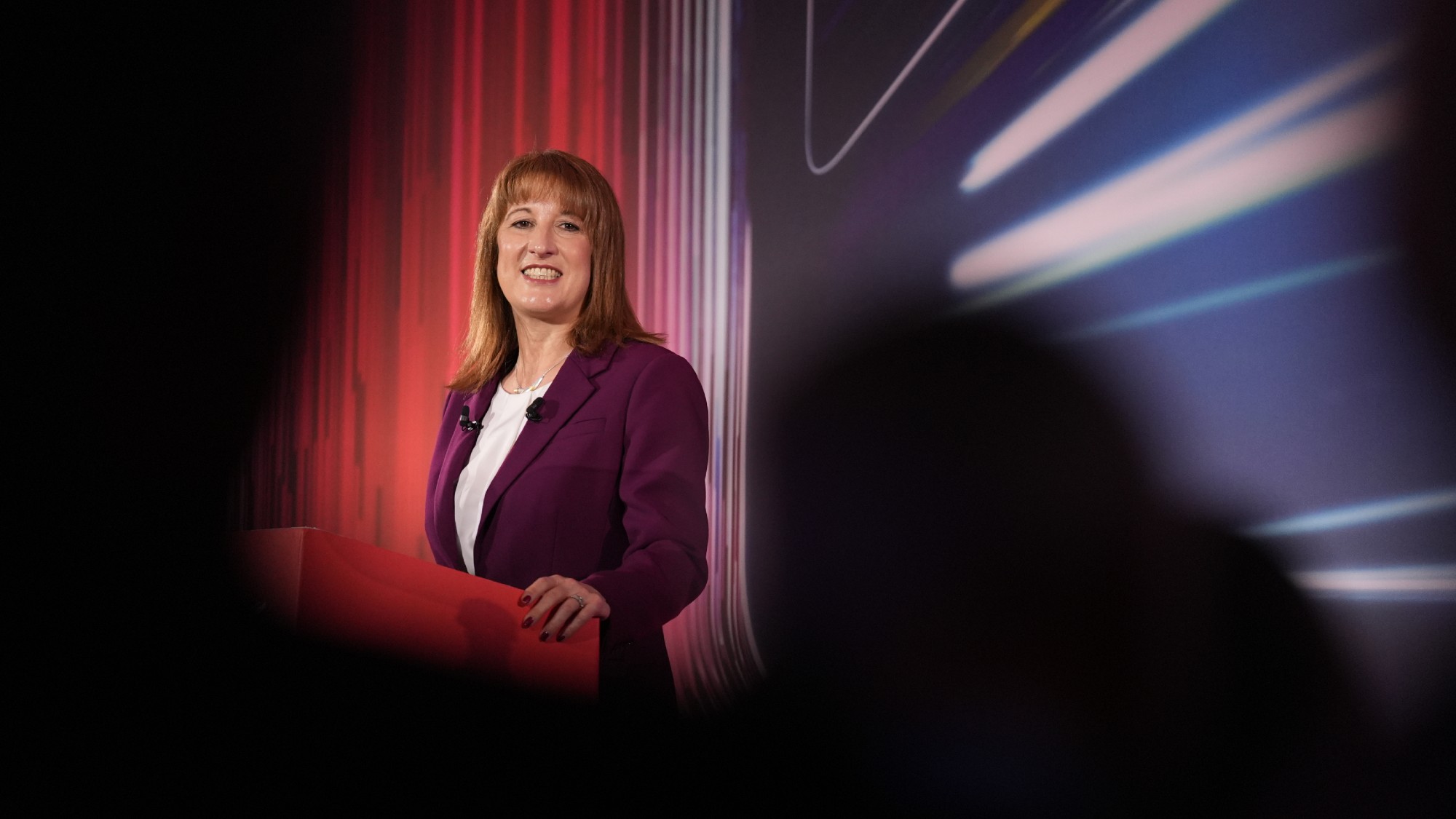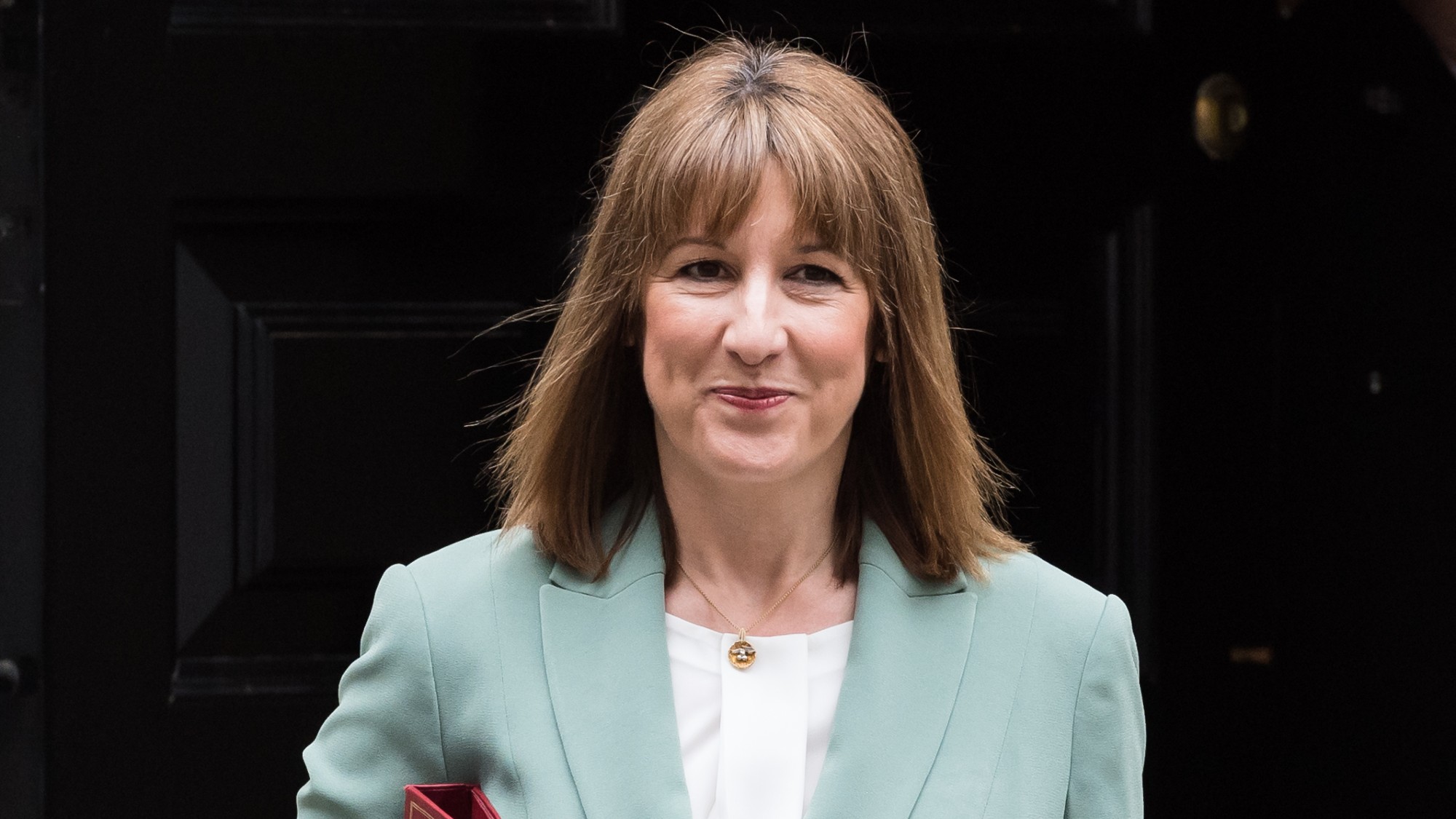Pros and cons of a wealth tax
Raising revenue and tackling inequality vs. the risk of capital flight and reduced competitiveness

A free daily email with the biggest news stories of the day – and the best features from TheWeek.com
You are now subscribed
Your newsletter sign-up was successful
The clamour within Labour to introduce a wealth tax in a bid to balance the books is continuing to grow ahead of a make-or-break autumn budget.
Keir Starmer and other senior cabinet ministers have repeatedly refused to rule it out following recent comments from the former Labour leader Lord Kinnock, who proposed a 2% levy on assets over £10 million.
Pro: raise revenue
"Estimates vary" about the impact of imposing an extra levy on the super-rich wealth, said The i Paper, but economists are in broad agreement that a "carefully targeted" wealth tax could raise around £10 billion a year, or possibly more, "with minimal impact on the wider population".
The Week
Escape your echo chamber. Get the facts behind the news, plus analysis from multiple perspectives.

Sign up for The Week's Free Newsletters
From our morning news briefing to a weekly Good News Newsletter, get the best of The Week delivered directly to your inbox.
From our morning news briefing to a weekly Good News Newsletter, get the best of The Week delivered directly to your inbox.
A Wealth Tax Commission report in 2020 calculated that "after accounting for non-compliance and administration costs, a one-off wealth tax payable on all individual wealth above £500,000 and charged at 1% a year for five years would raise £260 billion; at a threshold of £2 million it would raise £80 billion."
"If it were unexpected and credibly one-off – a major challenge in practice – this would be an efficient way to raise revenue and could be used to address existing wealth inequality," said the Institute for Fiscal Studies think tank.
Con: capital flight
"In virtually every country where it has been tried, a wealth tax has failed to raise anything like the extra revenue which was envisaged," said veteran investment banker Ken Costa in The Telegraph. The reason is that it "encourages the fight of existing wealth and discourages the creation of new wealth. Therefore, there is less wealth to tax."
Only four countries have actually "retained a wealth tax”, said ThisisMoney: Norway, Spain, Colombia and Switzerland. Other nations have tried but failed as the wealthy avoid them and the levy raises "little revenue", creating "high admin costs".
A free daily email with the biggest news stories of the day – and the best features from TheWeek.com
Pro: tackle inequality
"Britain's wealth gap between the richest and poorest is now the second largest in the world behind the US," said Green MP Sian Berry in The Argus. "Two thirds of Britain’s entire wealth" is owned by the richest 10% while "over four million children are living in poverty".
The thing a wealth tax does, Kinnock told Sky News, "is to say to the country, 'we are the government of equity'."
Critics often point to a combined income and investment tax rate of 98% on the highest earners imposed by Labour in the mid-1970s as proof that levying the rich to the hilt does not work. "Less remembered", said The Guardian's Andy Beckett, is the fact that "Britons were more financially equal" in this period than "they had ever been before, and ever have been since".
Con: reduce competitiveness
Opponents of a wealth tax argue it is unfair because it "taxes assets regardless of the return", which "penalises those who hold low-return assets and could put people off saving and creating wealth", said The Times. This in turn reduces competitiveness, deters investment and stifles innovation – all things Labour in particular are looking to foster in their push for economic growth.
This is why "a Kinnock-style wealth tax isn’t going to happen", said George Eaton in the New Statesman. "It would make the UK a distinct outlier at a time when Reeves is striving to maintain international competitiveness."
Pro: public support
Public attitudes show a "clear desire for wealth to be taxed more, relative to labour", said the Wealth Tax Commission.
A recent YouGov poll, of more than 4,000, claimed that 49% of the public "strongly support" the idea of a wealth tax along the lines of that suggested by Kinnock, with 26% saying they "somewhat support" it. Only 6% said they were "strongly opposed".
This is playing out across many countries, where populism "has familiarised voters again with the idea that elites have too much and the majority too little", said Beckett in The Guardian. This corresponds to the British Social Attitudes survey, which shows the number of people who believe "government should redistribute income from the better off to those who are less well off" has risen slowly but steadily over the past 20 years.
Con: impossible to administer
Most countries that have tried to introduce a wealth tax over the past 50 years have found they "raised relatively little money and were nearly impossible to apply fairly", said The Times.
Putting a value on assets – be it real estate, art or private businesses – is incredibly complex, time-consuming, expensive and prone to legal challenges or loopholes.
This leads to a situation where the state will "tax different people's wealth differently," said Arun Advani, a professor of economics at Warwick University. With millions of assets to value, "you have to take shortcuts", and that means "people are not paying the wealth tax in the same way".
Germany, for example, abandoned its 1% tax on net wealth in 1997 after the courts ruled it unconstitutional because it treated property more favourably than other assets.
This is another reason why a wealth tax is a non-starter in the UK, said The New Statesman. "HMRC lacks the data on property and pensions required to introduce a general wealth tax (and it would take several years to establish a new system)."
-
 What is the endgame in the DHS shutdown?
What is the endgame in the DHS shutdown?Today’s Big Question Democrats want to rein in ICE’s immigration crackdown
-
 ‘Poor time management isn’t just an inconvenience’
‘Poor time management isn’t just an inconvenience’Instant Opinion Opinion, comment and editorials of the day
-
 Bad Bunny’s Super Bowl: A win for unity
Bad Bunny’s Super Bowl: A win for unityFeature The global superstar's halftime show was a celebration for everyone to enjoy
-
 Is the UK headed for recession?
Is the UK headed for recession?Today’s Big Question Sluggish growth and rising unemployment are ringing alarm bells for economists
-
 Why has America’s economy gone K-shaped?
Why has America’s economy gone K-shaped?Today's Big Question The rich are doing well. Everybody else is scrimping.
-
 Should Labour break manifesto pledge and raise taxes?
Should Labour break manifesto pledge and raise taxes?Today's Big Question There are ‘powerful’ fiscal arguments for an income tax rise but it could mean ‘game over’ for the government
-
 Autumn Budget: will Rachel Reeves raid the rich?
Autumn Budget: will Rachel Reeves raid the rich?Talking Point To fill Britain’s financial black hole, the Chancellor will have to consider everything – except an income tax rise
-
 New York court tosses Trump's $500M fraud fine
New York court tosses Trump's $500M fraud fineSpeed Read A divided appeals court threw out a hefty penalty against President Trump for fraudulently inflating his wealth
-
 The world's 10 richest families
The world's 10 richest familiesIn Depth Luxury retailers, hereditary monarchs and the heirs to the Walmart fortune dominate the list of the world's wealthiest clans
-
 Is Rachel Reeves going soft on non-doms?
Is Rachel Reeves going soft on non-doms?Today's Big Question Chancellor is reportedly considering reversing controversial 40% inheritance tax on global assets of non-doms, after allegations of 'exodus' of rich people
-
 'Wrench attacks' are targeting wealthy crypto moguls
'Wrench attacks' are targeting wealthy crypto mogulsThe Explainer The attacks are named for physical coercion that can be used to gain crypto passwords